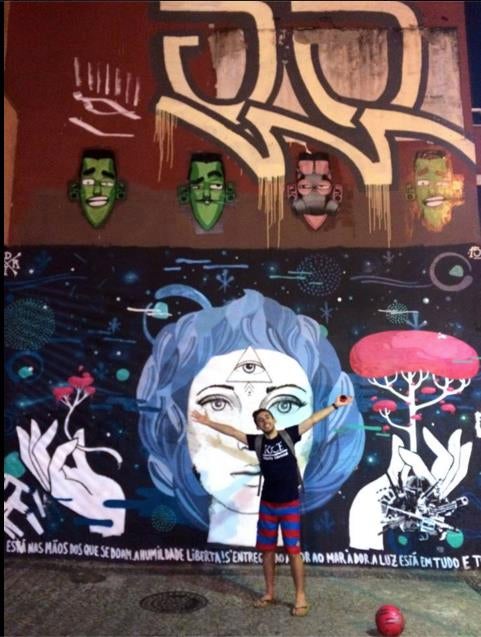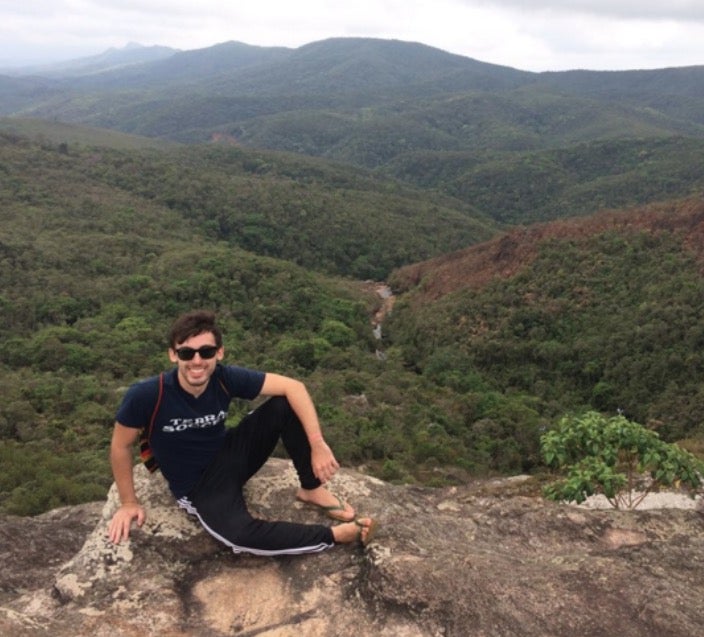
One of the many opportunities enjoyed by Rice University Sport Management students is the option of studying abroad. Andres Diego ’17 spent the fall semester of 2015 studying in Brazil and plans on continuing his studies abroad during the Spring 2016 semester in London.
While Diego was in Brazil, he had the unique opportunity of being immersed in a culture vastly different than our own and also during a time where the country is in a considerable transition from the 2014 World Cup to the 2016 Olympic Games.
One big difference between the countries: Brazil does not have a high, recent immigrant population resulting in the country’s only usable language being Portuguese (although Diego is fluent in Portuguese, Spanish, and English). Along with this, the most notable distinction of Brazil from the U.S. is that rather than American football being the biggest sport, soccer is, by far, the most popular attraction and is regarded by many as a “religion.”
Probably one of the most unexpected differences to Diego was the lack of importance placed on being on time.
“It’s customary in Brazil, and in much of Latin America in general, to show up at least 30 minutes late to anything.” Diego said, “Whether it be for an informal or professional arrangement…it just doesn’t matter. It’s quite shocking, really. “
Despite it being an odd adjustment to Brazilian punctuality, Diego had no problem allocating his free time between studies and culture immersion to explore the beauty of Brazil. With such a beautiful country and rich history it is easy to imagine why it has become the destination for the past World Cup as well as the next Olympic Games.
However, Diego had a few words to say about the political corruption and the economic disparity that is left unchanged even in the wake of such grand opportunites for the country.
“Being in Brazil between the World Cup and Olympics is really a unique time and place for a study abroad experience,” Diego said, “You really get to see the darkness hidden behind the beauty.”
Even though Andres does go on to say that despite the corruption, the people of Brazil do remain in “high spirits.” I found his last remarks to be the most indicative regarding corruption in the country. That, “while the World Cup and the Olympics may be held in Brazil, they are not for Brazilians.”
This is a mere taste of what Andres experienced, bringing to light both the beauty and darkness, coming together to create the tapestry of the country we know as Brazil.

Kimberly Vaio, a senior from San Antonio, TX, is double majoring in Psychology and Sport Management.

